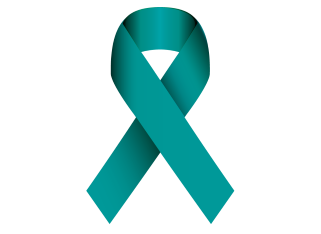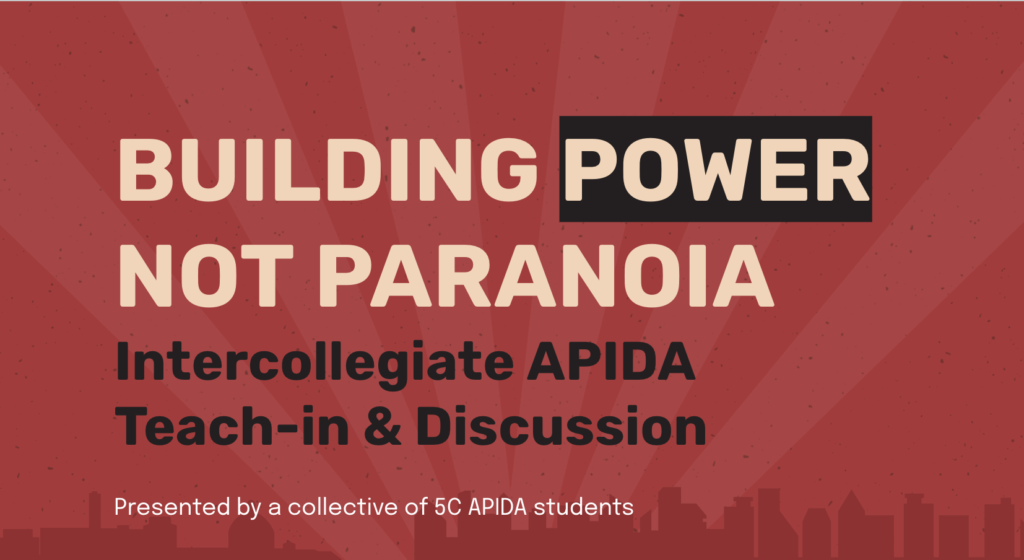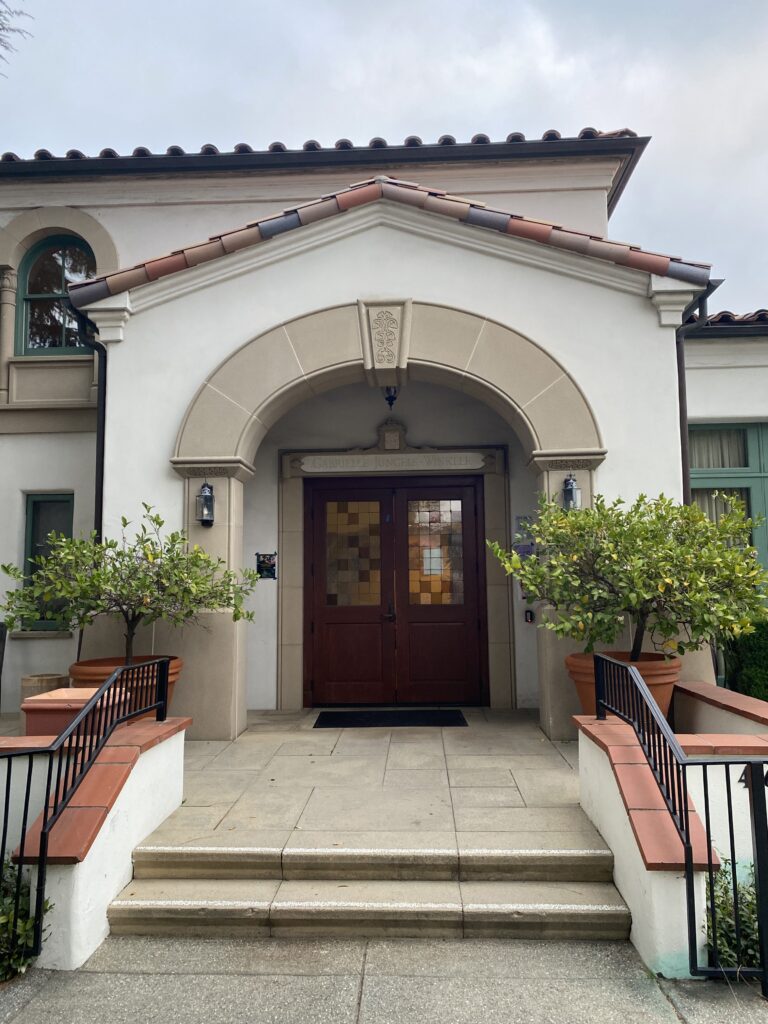By Rena Patel ’19
Editor-in-Chief
Given the conclusion of the Kavanaugh hearing earlier this month, I was not surprised to see a wave of support for survivors of sexual assault from all parts of the Claremont Colleges. The EmPower Center, being the first to acknowledge the grief and struggles of survivors, sent out an email detailing their services and ways they could support students in the wake of Kavanaugh’s confirmation. Scripps’ student government soon followed, however support and action from administration was not only delayed, but also just a reiteration of the EmPower Center’s earlier email. However, the show of support from administration, not just at Scripps but throughout the Claremont Colleges, was simply just a show. Rather, it’s our student peers who are leading the charge in sexual assault awareness and prevention. The Pomona College Women’s Union (WU) and the Pomona Advocates for Survivors of Sexual Assault hosted a discussion on Community Accountability on Thursday Oct. 25. In an email sent to all club and organization heads, the event’s main focus was to “highlight what student clubs and organizations can do to not only to prevent sexual violence at their events, but also to hold perpetrators of violence within their communities accountable for their actions.” The email also stressed that attendance of such events throughout the year will be taken into consideration when determining club and organization budgets through ASPC Senate for the 2019-2020 school year. Club leaders from all over the 5Cs attended the event, and while some may have had fiscal motivations for attending at the beginning, everyone left the event with a greater awareness of the climate surrounding sexual assault and violence on our campuses. The event succeeded in creating a space where individuals felt comfortable sharing their own experiences as survivors of sexual violence as well as fostering a space for discussion and education for those who previously were unaware of rape culture and systemic toxic masculinity. I witnessed survivors and truly remorseful perpetrators acknowledging each others’ feelings and experiences in a productive and supportive manner surrounded by people whose aim was to educate and not judge. The fact that this event managed to create such an open environment put me in awe of how we can come together as a community to support one another through our struggles and mistakes. When discussing community, we were asked the question, “What does community accountability look like to you?” In a full group discussion, the responses circled around the idea of consistency in upholding and enforcing the standards set forth by the community, with a focus on the experiences of the survivor. It is clear that the student bodies on all of the 5C campuses are dedicated in creating a community where survivors are heard and supported. However, from our discussions with our peers, it is evident that the same can not be said about any administration at each of the Claremont Colleges. We as institutions have a problem addressing the incidents sexual assault and violence on our campuses. Ignoring these incidents will not prevent them from occurring. Especially given recent events, it’s important to have a vested interest in sexual assault, accountability, and survivor support. Administration has shown their support in solidarity, but words are not actions and our peers are looking for action to support what’s been said. Preventing sexual violence begins at an institutional level. In order to ensure that sexual assault and violence is not to be tolerated at these schools, our administrations need to take a good look at how they’ve handled cases in the past and reevaluate the sexual violence policies on campus, and come to an agreement on what community accountability looks like to them. Our students understand what community accountability means. It is time for our institutions to take action and rise up to meet those expectations.





